Last Updated on March 6, 2024
Writing is an awesome skill that requires time, effort, and a lot of imagination. And while there’s a lot of people who entertain the idea of creating a good book, often citing their game-changing ideas with conviction and passion, not everyone knows how to write a good read.
Luckily, there are many ways to learn how to write better, and one way is to read good books written by great authors. It’s often said that when you read anything and everything, you’ll become a better writer. The more that you’ll read, the more you’ll learn about the do’s and don’ts of writing.
You may even get a little inspiration from reading a good book and end up writing the next best seller. The classic American novel, Moby Dick, for instance, draws inspiration from biblical and Shakespearean writing. There’s just one too many books to choose from and not everyone has enough time to pool all options together before beginning to write.
To learn more efficiently, consider reading books on writing. There are many of these books to choose from (and they may not necessarily make writing feel like a walk in the park), they will certainly help you gather your thoughts and creative ideas. By reading a book on writing, you would be able to absorb a huge chunk of research in a short amount of time.
To help you choose from the hundreds of books on writing, we’ve included the 10 best books that might be able to help you become a better writer in no time.
Best-Selling Books on Writing
1. Big Magic by Elizabeth Gilbert
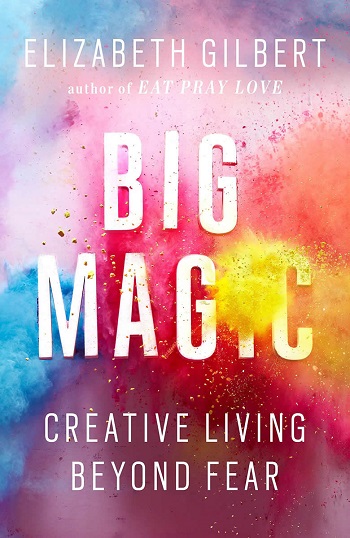
Elizabeth Gilbert, the best-selling author of Eat, Pray, Love, wrote a book that helps readers who want to pursue lives that are devoted to the arts. In this book, she shares nuggets of wisdom by sharing her own experience and work ethic.
She says that if you want to live creatively, the best thing that you should do is to live a life that is driven by curiosity rather than fear.
2. Story Genius by Lisa Cron
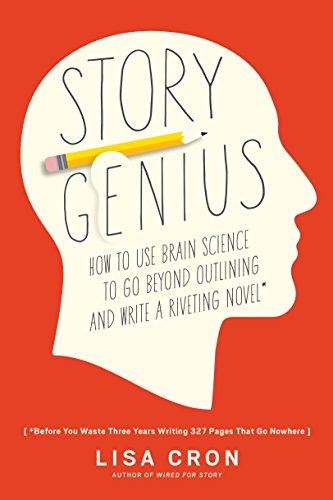
Story Genius will help you dive into your book and make you step into your characters’ lives. In this book, Lisa Cron explains the psychology of how brains react to stories. This science-based guide explains how every story is built into the brain and how good books insert details organically, chapter by chapter.
This book not only contains a guide on how to write with the reader in mind, but it also includes exercises that’ll help you understand each and every part of your material. Once you’ve read this book from cover to cover, you’ll be able to write with confidence and ease.
3. The Secrets of Story by Matt Bird
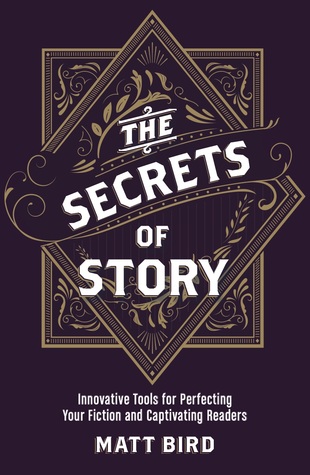
The Secrets of Story focuses on seven writing skills that, according to Matt Bird, have to be mastered: dialogue, tone, character, concept, structure, theme, and scene work.
Bird says that to become a good writer, one must pay attention to each of these skills. The Secrets of Story teaches the reader how to write for an audience and to think about their emotions while they read.
4. On Writing: A Memoir of the Craft by Stephen King
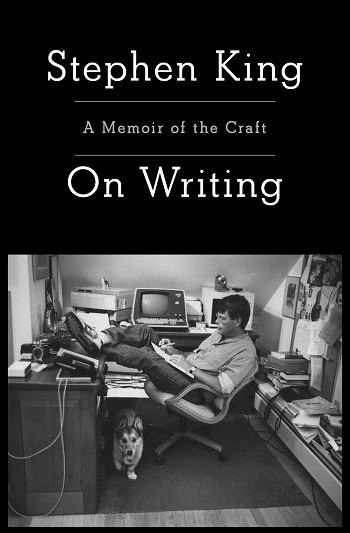
In this memoir, Stephen King gives advice for aspiring writers while recalling his own experiences and the events that influenced him to become an author.
Even if this book is purely a memoir, its readers will get to learn a few tips and catch a glimpse of the writing habits of one of the greatest writers of modern times.
In On Writing, Stephen explains that when he writes a book, he begins by thinking of a character and getting to know the character better. Afterwards, he puts his character in a crazy situation and sees what happens from there. For him, the characters decide where the stories go.
5. Zen in the Art of Writing by Ray Bradbury
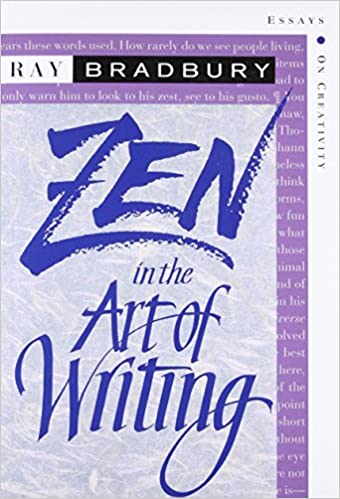
Ray Bradbury shares his sense of adventure in this book that teaches his readers that every writer must always have a sense of curiosity and the gift of zen when it comes to storytelling.
Bradbury shares tips on coming up with original storylines and on creating your own voice and writing style. More than just a book on how to become a good writer, Zen in the Art of Writing is a celebration of the craft itself. It will inspire every writer to do better.
If you’ve ever written a story with an end in mind and found yourself getting lost in the story again and again, this book will help you find ways to gather your ideas and finish your work.
6. The Writer’s Idea Thesaurus by Fred White
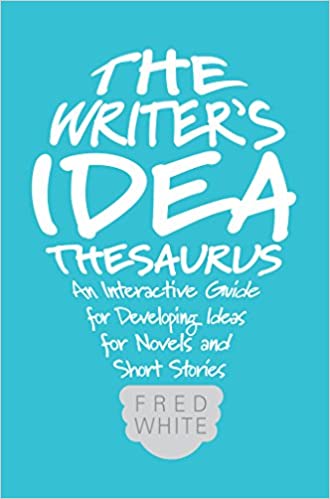
Reading this book will be worth your while, as this book helps spark creativity and imagination. Writers can easily flip through this book and find some useful tips from different story ideas.
Inside this book, you’ll find thousands of story ideas that are categorized by theme and subject. White teaches readers how to create unique plotlines and get over writer’s block because it gets your creative juices flowing with its silly ideas.
7. The Kick-Ass Writer by Chuck Wendig
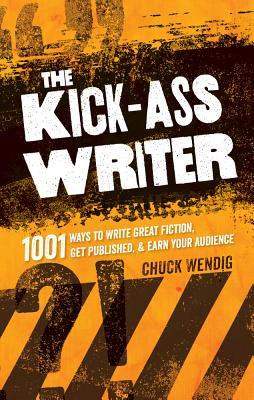
Wending’s writing is spectacular. His book boasts a funny but educational writing style that’s ideal for the 21st century. Many books will give you advice on how to write great books, but this one also offers advice on getting your work published.
8. Bird by Bird by Anne Lamott
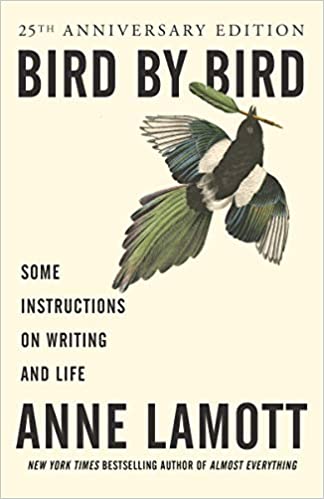
Every writer will most likely run to Lamott’s book for guides on the writing process. It’s popular among and useful to those who are struggling with writing.
Lammott begins with an anecdote about her brother. The latter was struggling to write a report on birds and was advised to take things “bird by bird”. Even if publication is your end goal, this book emphasizes that the process of writing is a reward in itself.
It inspires you to write for the sake of having created something rather than of earning money from it.
9. Steal Like an Artist by Austin Kleon
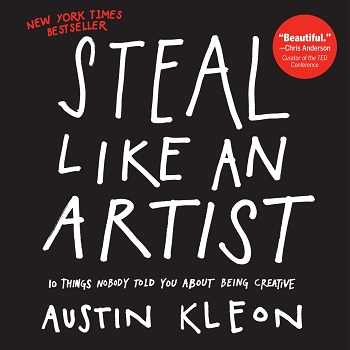
Kleon says it as it is: every artist steals. Even when it’s done unintentionally, every creative endeavor is preceded by something that’s been done before it.
One of the main fears of writers is that they might not have ideas that are original or creative enough, or ideas that’ll catch the attention of the majority. Steal Like an Artist teaches you how to trust your instincts and reminds readers about what it means to be “original” in today’s creative world.
10. The Anatomy of Story by John Truby
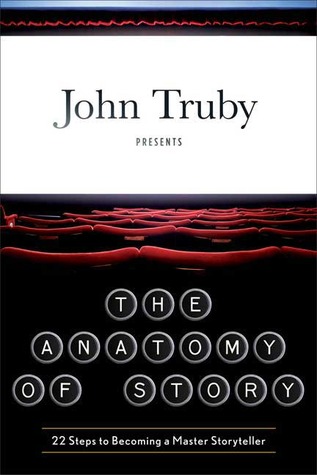
This book will have you thinking about the necessary elements of the story before it’s written. You probably know of different plot structures such as the Rags to Riches and Overcoming a Monster, which can be useful when writing fiction.
Truby’s book teaches you how to combine organic story writing and modern thinking with specific plot points that you have in mind.
Here are two facts: good writers are avid readers, and writing skills can be developed by anyone who is devoted to the craft. There are so many books out there that can help you hone your writing skills.
You may be able to learn more from ten books than from an entire class in college. Being a good writer isn’t always about having a good plot idea, and it isn’t always about grammar and syntax.
Sometimes, being a good writer means knowing how to communicate with an audience, even when it means breaking the rules. Don’t be scared to grab a pen and paper and begin writing—all the great writers have been there.

